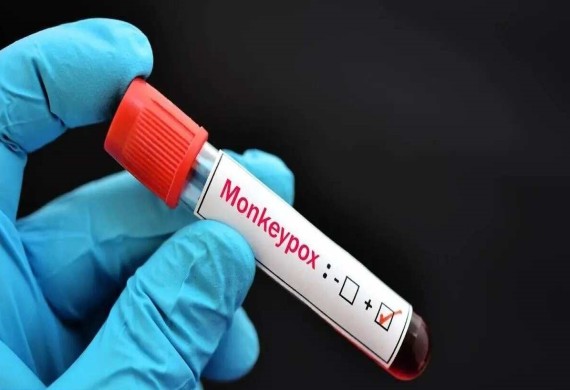
The ICMR issues Seven Recommendations for Treating Monkeypox in Indian Pregnant Women
By: WE Staff | Friday, 2 September 2022
Seven recommendations have been made for managing the monkeypox (MPX) infection in pregnant women in India by the National Institute for Research in Reproductive and Child Health (ICMR-NIRRCH). On the basis of the covid-19 experience, doctors said it is time to recommend the creation of guidelines for the diagnosis and management of MPX in pregnant women and newborns in India.
In cooperation with the Medical Education and Drugs Department and the BYL Nair Hospital of the Municipal Corporation of Greater Mumbai, ICMR-NIRRCH successfully executed the "National Registry of Pregnant women with COVID-19" (PregCovid registry). The authors have suggested approaches for dealing with the monkeypox infection in pregnant women in India based on the findings of the PregCovid registry.
Younger children and women who are pregnant or nursing have a higher risk of acquiring serious illnesses and other negative health effects related to MPX. In children, MPX-related problems include bacterial superinfection, cellulitis, sepsis, abscess, encephalitis, respiratory difficulties, pneumonia, keratitis, and corneal scarring are more likely to occur, which increases mortality and morbidity. Similar to women, who make up 22.2% of the Indian population overall, women of childbearing age are at risk for MPX and require specific care.
Both in the presence of genital lesions brought on by MPX and in the absence of genital lesions, caesarean sections are advised. Therefore, experts advise the pregnant woman and her family to talk about the possibility of newborn MPX infection as well as the advantages and disadvantages of a caesarean surgery.
Researchers advise strict monitoring of pregnant women exposed to the MPX virus in India since, despite the sparse data, there is a danger of vertical transmission and foetal death. In order to assure maternal and foetal surveillance, we advise institutional isolation of both asymptomatic and symptomatic MPX-positive pregnant patients, according to the COVID-19 experience.
The following recommendations are for India:
- Healthcare practitioners' awareness and training at both public and private facilities.
- Establishing diagnostic facilities, referral networks, and institutional isolation facilities in both urban and rural locations.
- The creation of a registry of expectant mothers and babies exposed to the MPX virus and their follow-ups is necessary for the development of evidence-based guidelines for the diagnosis and care of pregnant women and neonates.
- In tertiary care facilities, form a multidisciplinary team of an obstetrician, neonatologist, anaesthetist, dermatologist, psychiatrist, and other specialists to address MPX in pregnant women and newborns.
- To carry out research on the security and effectiveness of vaccinations and antivirals that are already available for the treatment of MPX in pregnant women.
- Monitoring the MPX virus's genome is necessary because it is said to be developing quickly.
- For the MPX outbreak and epidemic preparedness and response, strengthen the public and private health care systems.






